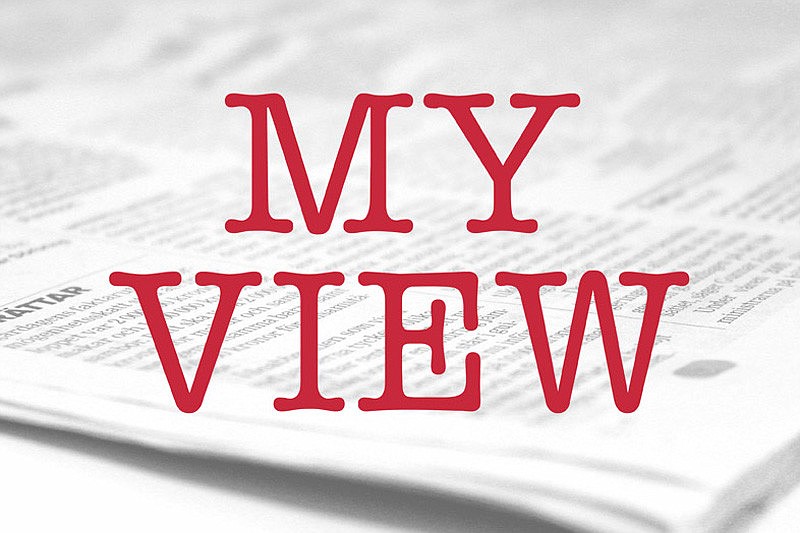- April 18, 2024
-
-
Loading

Loading

With all of the focus on making sure that people who want to vote can vote, it’s disheartening to learn that someone who can vote would not want to vote. Yet in a recent conversation, a young friend announced that he is refusing to vote this year. Of course, not everyone who is eligible to vote does. Only about 60% of eligible voters participated in the 2008 presidential election. That year, the Census Bureau found that the most common reasons given by registered voters for not voting were lack of interest (13%), dislike of the choices (13%) and too busy or scheduling conflicts (17%). That means that about 43% of those who didn’t vote in 2008 could have voted if they’d wanted to.
Among those who fail or, like my young friend, refuse to vote, various rationales are given to justify the choice. Some believe that one vote doesn’t make a difference. Others don’t want to support a candidate who they don’t like, arguing, “Why should I help them?” Some feel that voting won’t solve their problems. They feel that their needs are better met by spending time at work or the gym or even sleeping. Some believe that voting means buying into a flawed system, thereby forfeiting any right to complain about it. And some see not voting as an assertion of their right to “live on their own terms,” part of their rejection of laws, police and other institutions of a “corrupt society.”
Here’s what I think is wrong with those “rationales”
Although one vote may not be the decisive one, 10 votes may, or 100 can be decisive. It’s like a sports competition — although only the final winning point seems to be the one that counts, every point that adds to the total plays a deciding role.
Other arguments asserted by non-voters all have in common a degree of alienation of the individual from the community. To those people, I would say that institutions, such as government, laws and schools, are a part of the society in which we live. Unless you live on an island, you can’t exclude the realities of public services and infrastructure, and the laws addressing things such as traffic, crime and property rights that facilitate our living together in some sort of order. You can’t wish these things away; but you can help mold them.
You do not forfeit your right to complain about our government by voting. To the contrary, it’s fair to say that those who merely observe the process without being stakeholders have no right to argue for its change.
For the one who argues that voting doesn’t do anything to meet his own needs, well, he may be right. Voting does not pay your rent or get you a date. The strength of the fabric of our society is measured by more than “what’s in it for me?”
By not voting, a person cedes his power to those who do take the trouble to vote. David Foster Wallace aptly observed, “In reality, there is no such thing as not voting: you either vote by voting, or you vote by staying home and tacitly doubling the value of some diehard’s vote.”
If you don’t vote, others will, and you are less likely to end up with leaders who represent you. Refusal to vote is not a sign of protest; it’s a surrender.
The right to vote is hard won. Not that long ago, only white men could vote in this country; and it was only relatively recently, in 1920, that women got the right to vote. Before 1971, those between the ages of 18 and 21, although old enough to die in the service of our country, couldn’t participate in determining who should lead it. Look around the world to countries where people are fighting now for the right to participate in deciding how they will be governed. Voting, having a voice, is a cornerstone of democracy. How can you toss that away so lightly?
Does voting always result in good decisions? Of course not. If we don’t like the result, then we get to speak out and work for change. Democracy is noisy and messy — kind of like our Thanksgiving dinner, and no less precious. Democracy doesn’t work by itself. We are supposed to work at it.
I left the conversation with my young friend too dumbfounded to respond adequately. So, everything I’ve said here is what I wish I had said to him. And this: It doesn’t matter who you vote for, but it is important that you vote. You are a member of this community — be it county, state or country. Claim it!
Let us be shapers of our world, who can and should stand up and be counted.
Sue Jacobson is a Sarasota lawyer and regional president of the American Jewish Committee.